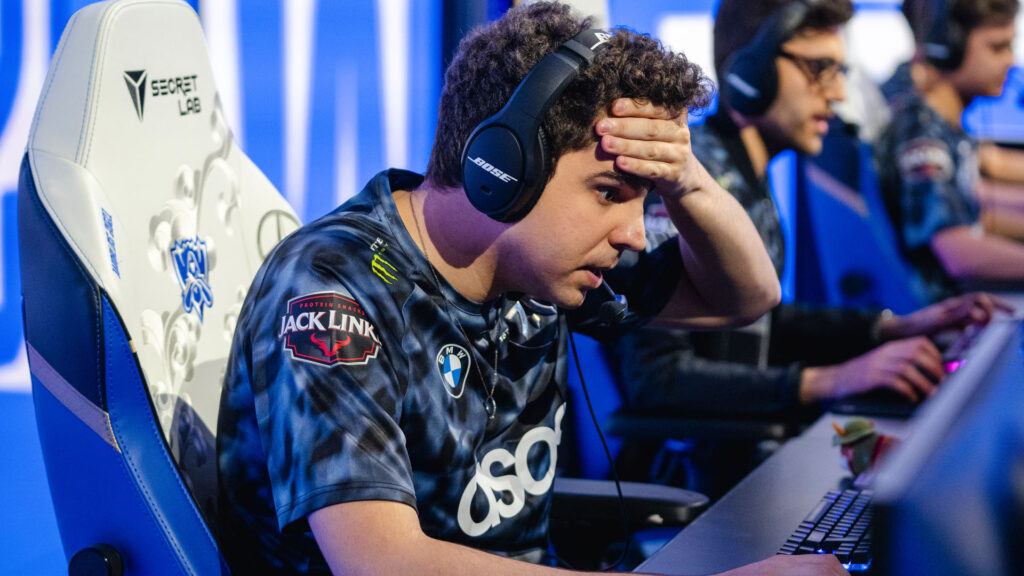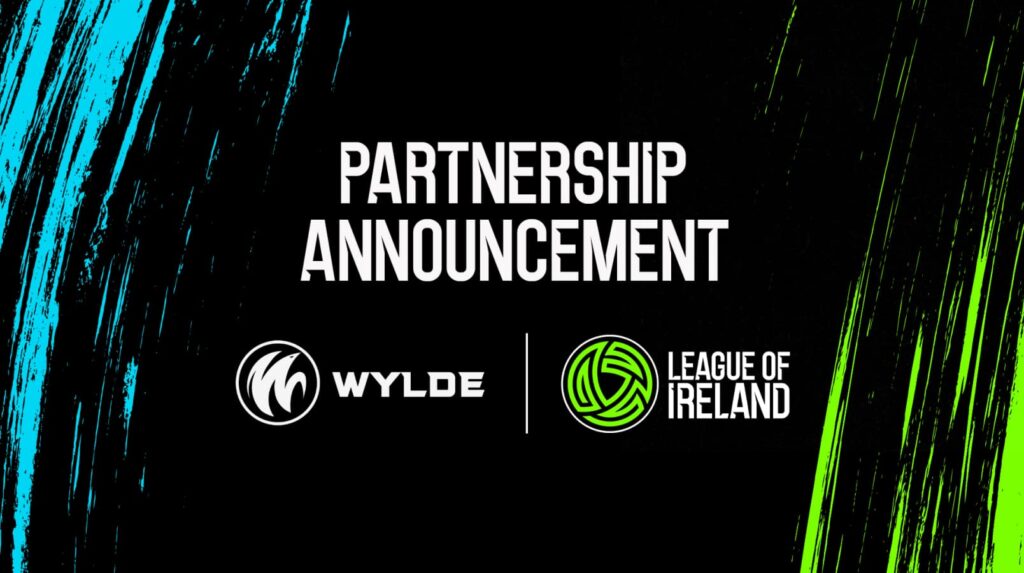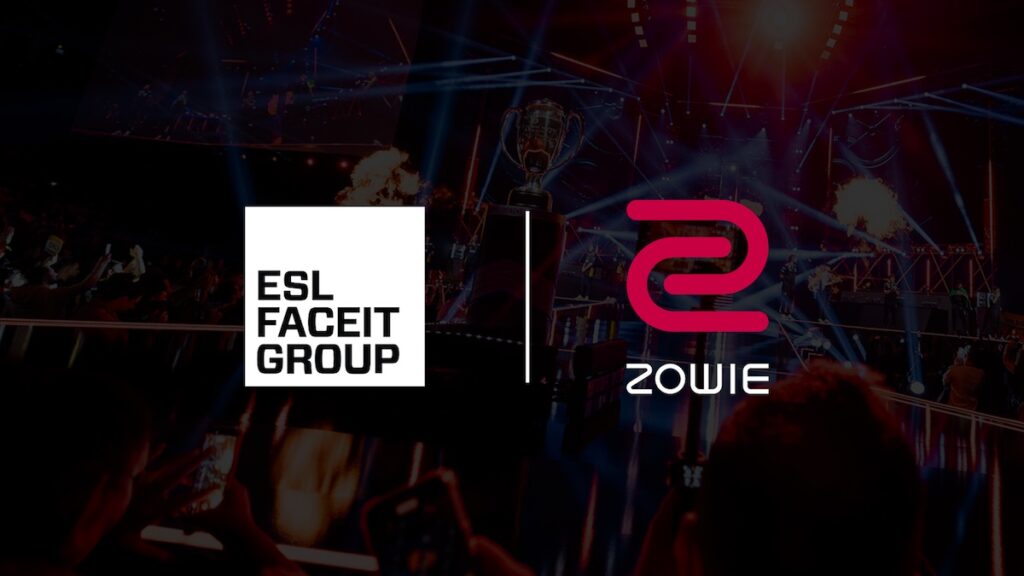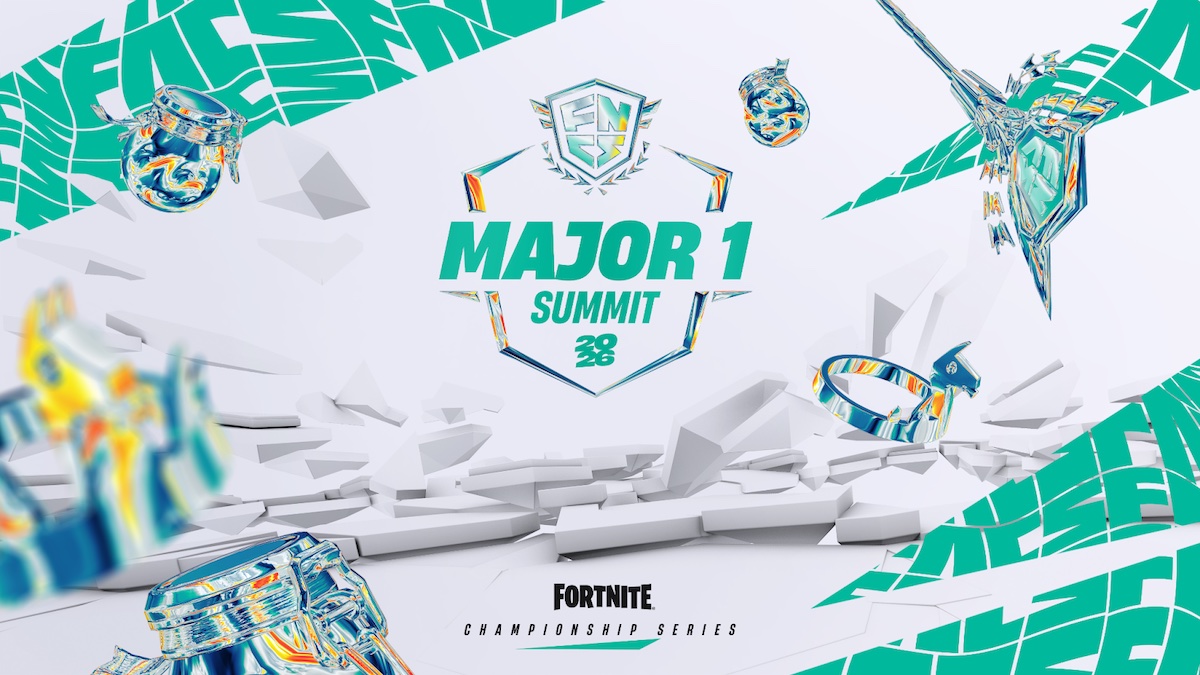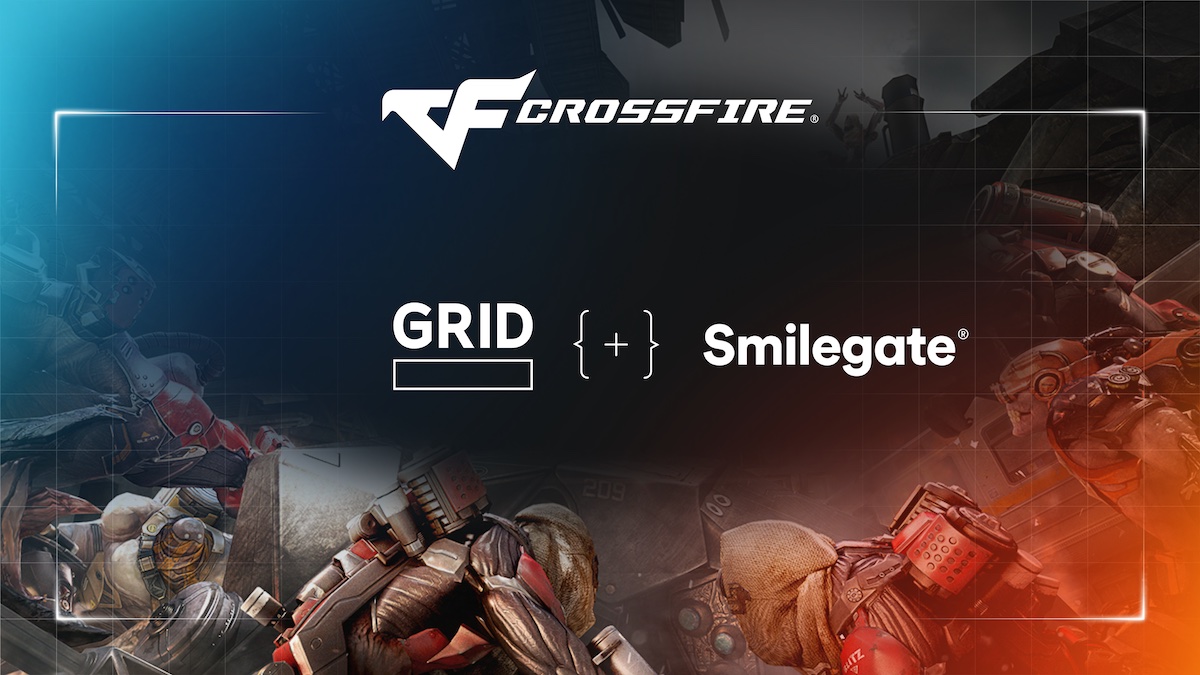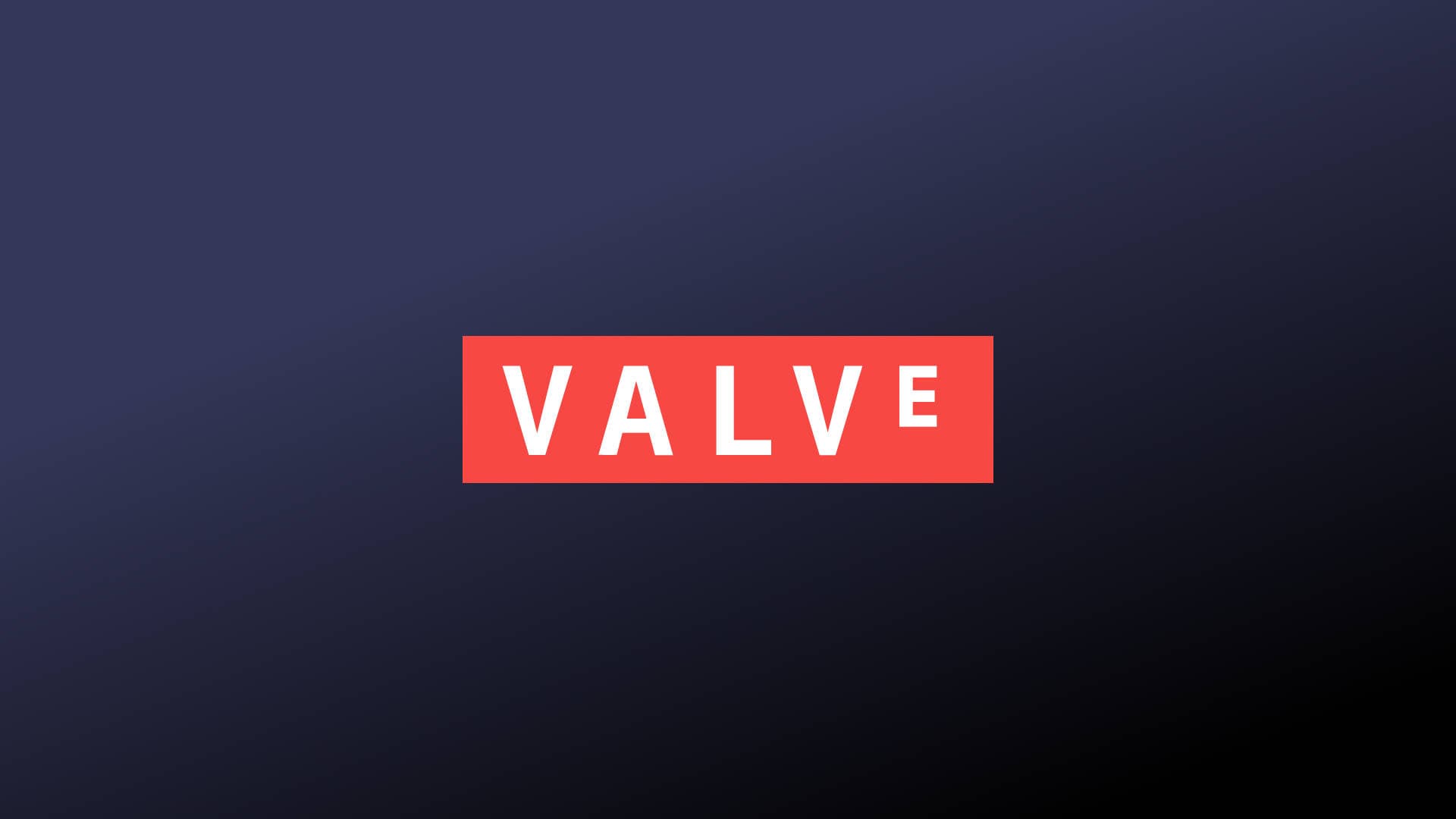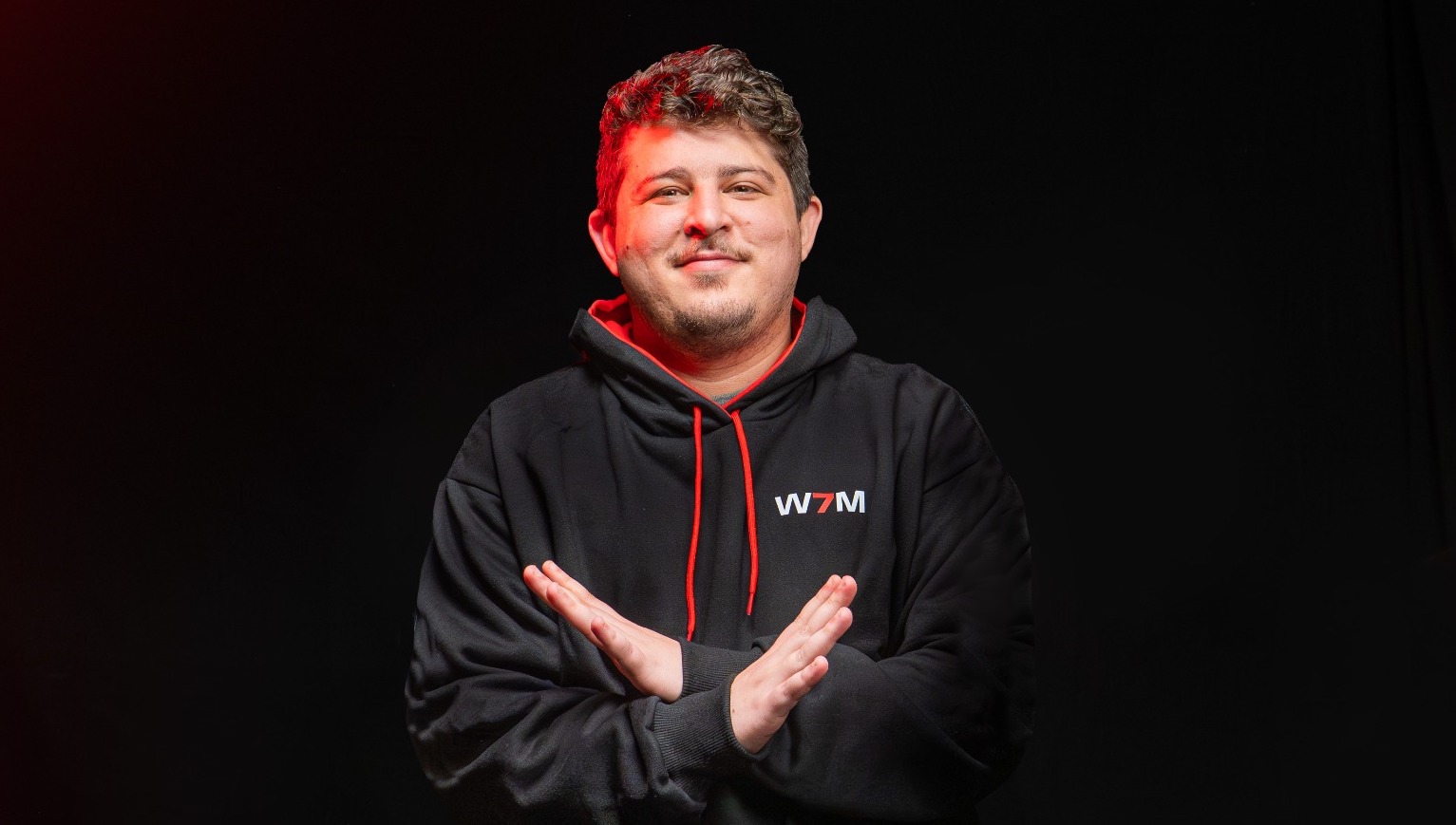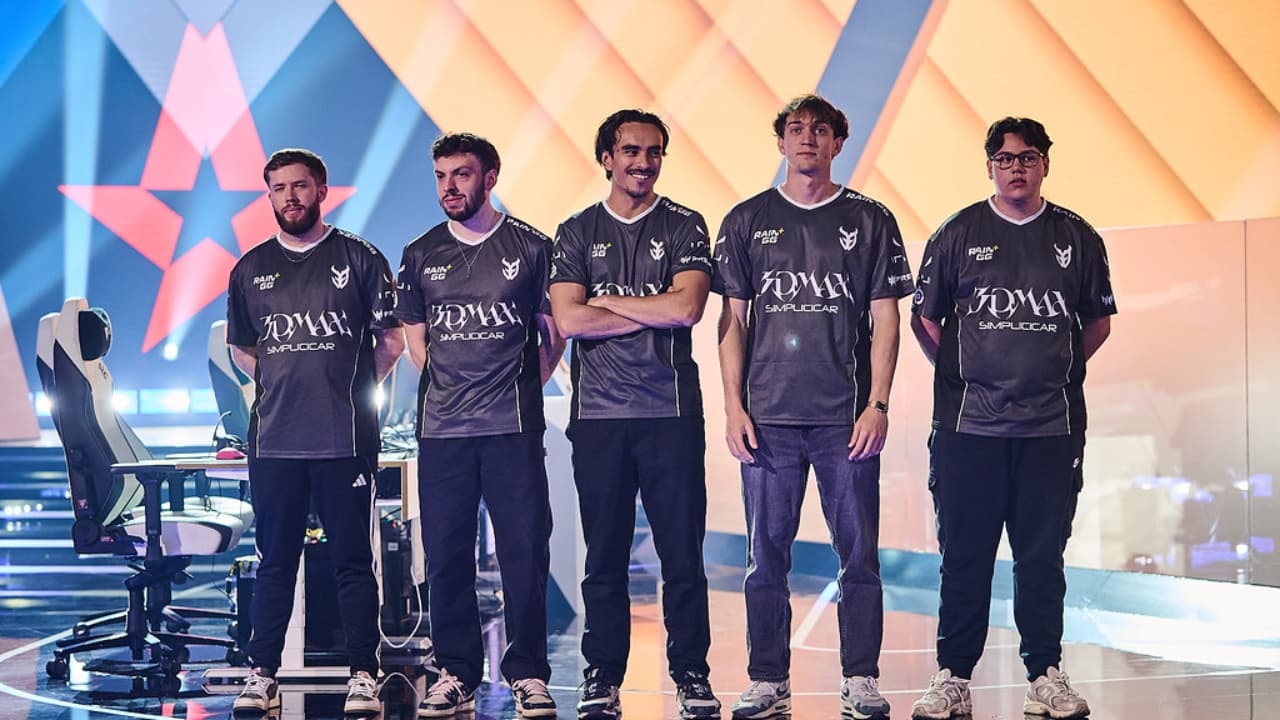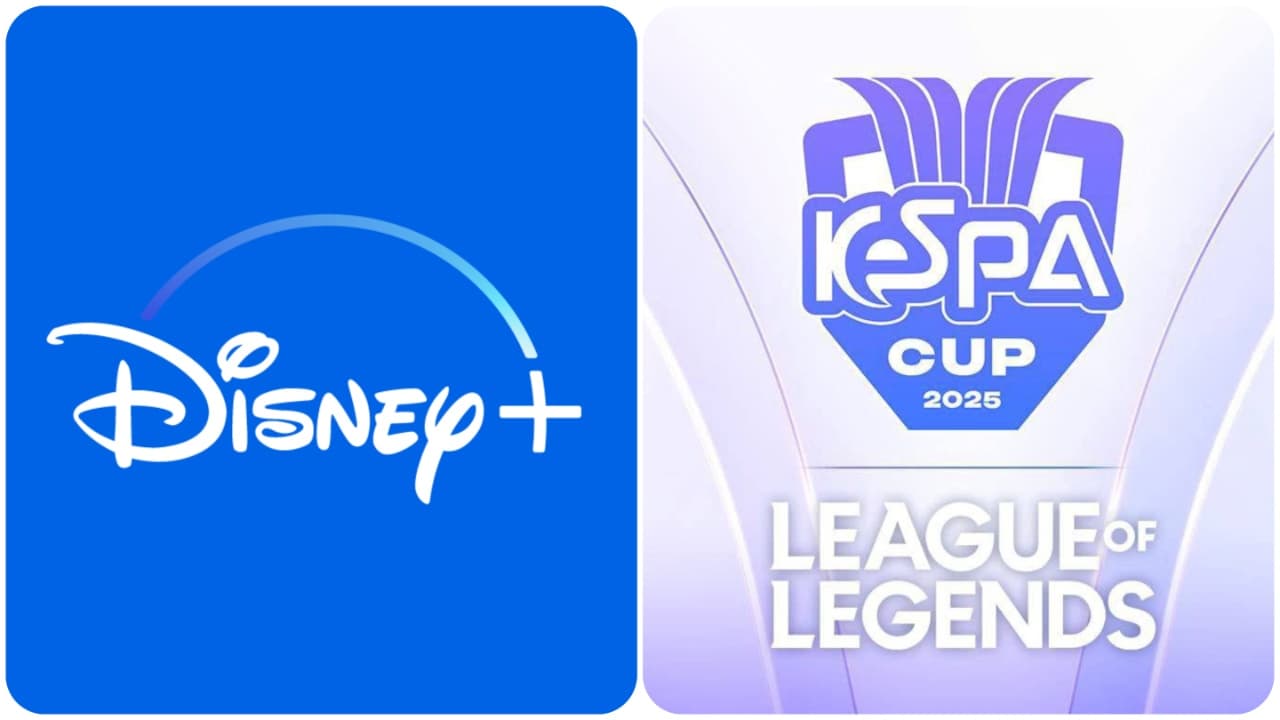A new study from researcher Matthew G. Young has debunked some long-held myths in competitive gaming. For years, players, coaches, and even sports psychologists have believed that traits like mental toughness and resilience play a major role in who rises to the top in esports. But according to Young’s analysis of 480 high-level players across major titles like League of Legends, Dota 2, VALORANT, and Counter-Strike, those traits don’t predict competitive success at all.
The study looked at players ranked in the top 40 percent of their games and compared their mental toughness and resilience scores to their actual in-game rankings. Despite expectations influenced by traditional sports research, there was no meaningful relationship.
Read more: Study finds collegiate esports boost student success and retention
Players who scored higher on mental toughness weren’t more likely to hold elite ranks, and the same was true for resilience. Even when the study broke things down by game type, comparing MOBA players to FPS players, or looked at differences between men and women, the results stayed the same. Nothing about these traits explained who ranked higher.
One big takeaway is that esports might require different psychological tools than physical sports. Traditional athletes rely on mental toughness to push through fatigue, pain, and long-term stress. Esports athletes face a totally different kind of pressure.
They make split-second decisions, process constant streams of information, communicate rapidly with teammates, and adapt to shifting game states in milliseconds. Tools like the MTQ-18 and CD-RISC-10, which were designed with traditional sports in mind, probably aren’t built to measure what actually matters most in competitive gaming.
That doesn’t mean mental toughness and resilience don’t matter at all. Other research shows these traits help players cope with stress, deal with toxicity, avoid burnout, and stay motivated over the long haul. They just don’t seem to determine who climbs the ranked ladder.
The report also argues that esports needs its own psychological frameworks that reflect how digital competition really works. Instead of focusing on broad personality traits, researchers may need to measure things like attentional control, rapid decision making, communication clarity, and how players bounce back from in-game mistakes.



